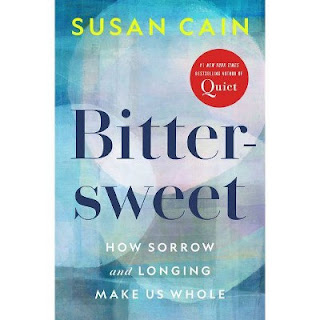Cain, whose book about introversion, Quiet, became a bestseller, once again probes her own experience to make sense of the experience of others, and vice versa. The central experience of her life may have been her relationship with her mother, who showered love on her during her early years, then became possessive, demanding and suspicious when she became a teenager. One day, while a Princeton student, she gave her mother her diaries to take home for her, perhaps knowing her mother would read them.
And so a bittersweet relationship developed, deep love counterbalanced by recrimination and conflict.
Other Princeton students always wore smiles and seemed to lead blissful, fulfilling lives with perfect parents and a perfect home. She eventually came to realize this wasn't true, and years later she returned to the university to prove it by surveying some of Princeton's "perfect" students. She describes this false front, which goes way beyond Princeton, as a "culture of enforced positivity." We wear smiles to hide what's really going on in our lives. When we pretend perfection, it only makes others resent us because they know they don't have perfect lives. When we let our pain and insecurities and doubts show, it brings others closer to us. Those sad songs and sad stories do much the same thing.
From Leonard Cohen to C.S. Lewis and from studies in psychology to the writings of most of the major religions, Cain explores the wisdom of balancing bitter and sweet — "a time to weep and a time to laugh," as it says in Ecclesiastes.
I suddenly remember the wonderful comedy Lovers and Other Strangers released in 1970. One of the lines repeated several times in the film is, "You gotta take the good with the bad." Susan Cain would agree.

No comments:
Post a Comment